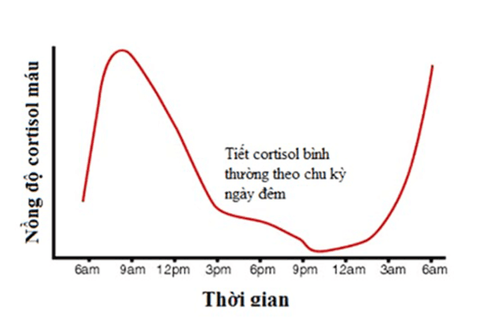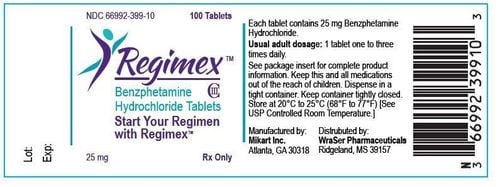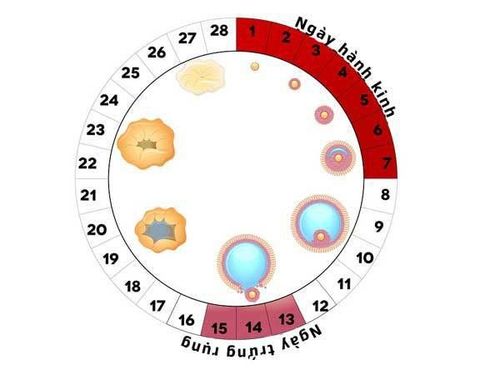This is an automatically translated article.
When it comes to hormones, we tend to think of problems with menopause, puberty, thyroid or mood. But food and exercise also have a big impact on hormone changes and weight. In addition to calories, hormonal balance is key to helping you burn belly fat and lose weight.
1. Hormones that affect weight loss
Hormones - aka hormones, are the most powerful signaling chemicals in the body, which can be made or broken when losing weight and feeling well. In addition to blood sugar control and insulin balance, hormones control metabolism, which in turn is closely related to fat intake. In other words, successful fat burning and weight loss are in fact partly hormonal.
Types of hormone changes that affect weight loss include:
Insulin
Insulin is a hormone secreted by the pancreas, whose main role is to regulate glucose (sugar) levels and promote the storage of substances. fat, especially fat around the belly. Foods that promote insulin secretion include white flours and refined sugars.
Glucagon
Glucagon and insulin are “enemies” with opposing effects. In other words, as one increases, the other decreases. Glucagon is a fat-burning hormone and is released when protein is consumed.
Cortisol
Cortisol is a hormone that increases when under stress, stress. This hormone usually reaches its highest concentration in the morning and decreases at night. Unfortunately, cortisol and insulin are best friends. If cortisol is elevated due to mild to moderate stress (usually chronic stress), insulin is also elevated and can make it difficult to lose weight.
Specifically, cortisol has the ability to reduce muscle function and fat accumulation in the liver, and high cortisol levels at night are also the reason for weight gain and belly fat.

Hormone Cortisol thường tăng cao khi người bệnh bị căng thẳng và stress
Leptin and ghrelin
These are two hormones secreted after you eat
Leptin secreted by fatty tissues and have the function of signaling to the body whether it has absorbed enough fat or not. Ghrelin is a hormone produced by the liver that acts as a communication channel to the brain when the body needs food. When one of these two hormones is out of control, hunger will come on suddenly and lead to night eating habits in some people. In recent years, leptin has been extensively studied and proven to aid weight loss by suppressing appetite and increasing metabolism.
Adiponectin
A new study shows that the hormone adiponectin - found in adipose tissue, can reduce weight by boosting metabolism without affecting appetite. This finding could pave the way for better approaches to treating obesity and other metabolic disorders, such as diabetes.
Researchers say both fat hormones - leptin and adiponectin, work through the same pathway in the brain to control body weight and blood sugar (glucose) levels. But these hormones can also control metabolism through other unconventional ways. It is therefore of interest to aid in the promotion of long-term weight loss. Over time, it becomes more difficult to lose weight in the elderly because the body has decreased metabolic rate - the rate at which calories are burned.
If drugs are developed based on the metabolism-boosting properties of these fat hormones, they can sustain weight loss efforts for a long time without adverse health effects. Adiponectin can be used to aid in weight loss by maintaining a high metabolic rate. But this is just one possibility and adiponectin has not yet been studied as a drug.
HGH and IGF-1
Both are hormones that help convert fat into energy for working muscles, secreted strongly during puberty. This is why some young people have toned bodies in high school even though they don't exercise much.
2. 10 ways to balance hormones and promote weight loss

Chế độ dinh dưỡng hợp lý sẽ góp phần cân bằng nội tiết tố và thúc đẩy giảm cân
There are top 10 ways to achieve hormonal balance and promote weight loss, including:
Limit insulin-stimulating foods as much as possible, including white sugar, excess alcohol and all types processed powder. Choose glucagon-stimulating foods with each meal. Specifically, proteins such as: chicken, fish, turkey, cheese, yogurt, lean red beef, eggs, hemp, protein powder (beans, rice or whey). Supports hormonal health with essential fatty acids. In addition to cold water fish and nuts, you should also add fish oil daily and feel the positive change for your hair. Drink enough water. Drinking 2 liters of water a day is important for energy, vitality and overall health. Make drinking a lot of water a habit. Drink green tea. In addition to boosting metabolism, green tea releases the amino acid L-theanine, which normally has a calming and stabilizing effect on the body. Do exercise. By far, exercise is one of the most effective ways to reduce the cortisol response. Sleep well. A good night's sleep can regulate cortisol properly and miraculously aid weight loss. In fact, research has shown poor sleep quality is linked to increased cravings and hunger, which in turn leads to weight gain. Hug loved ones, from children, spouses, friends or parents. Cuddling and closeness naturally lowers the cortisol response. Meditate, pray or journal. While this may sound impractical for some, experts guarantee that hormonal changes will turn out to be positive. Make time for the copy. Whatever you like to do - walk, date and confide in friends, try to spend 15 - 30 minutes a day for yourself.
Overall, there are many hormones that affect weight loss, both positively and negatively. In the process of losing weight, besides taking care of hormone changes, you should also apply useful tips on how to exercise and diet to speed up the progress effectively and safely.
Any questions that need to be answered by a specialist doctor as well as customers wishing to be examined and treated at Vinmec International General Hospital, please register for an online examination on the Website for the best service.
Please dial HOTLINE for more information or register for an appointment HERE. Download MyVinmec app to make appointments faster and to manage your bookings easily.
Reference sources: webmd.com, cityline.tv












